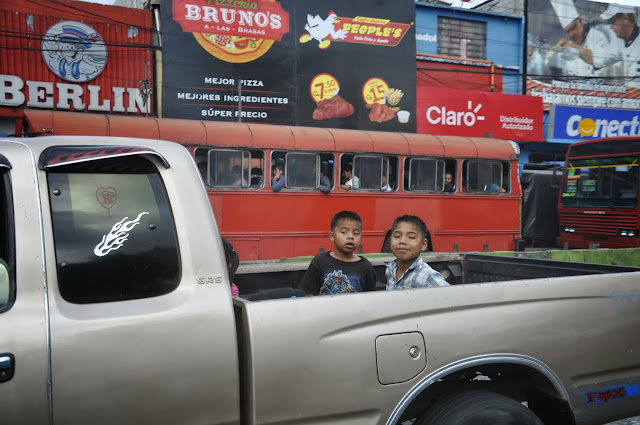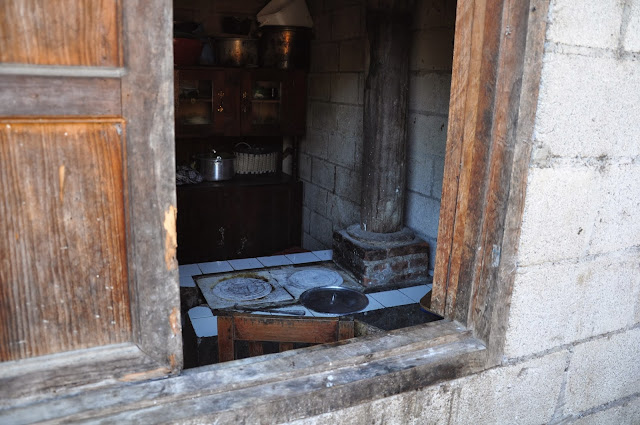Working or volunteering in developing countries is not an easy task, not just because of the difficult conditions, lack of common tools, infrastructure, cultural and educational barriers. During every mission trip I have taken, there have been times when I have felt inadequate and worthless and others when I have felt powerful and different. Both these approaches are natural, but also improper, I believe.
When you experience poverty first-end, you realize that there is not much you can do to change the situation. It may feel overwhelming because need is everywhere and relentless. Poverty was around 2,000 years ago when Jesus walked on this earth, it was around even before that; it has been around during every period in history and is still around now.
As I reflect about poverty and realize that Jesus actually lived is whole life as a poor, as somebody who did not own anything, then it becomes clear that poverty is here for a reason and I think it is here to stay.
In fact, Jesus said that: "the poor will always be with you". Yet, this cannot be an excuse not to work hard toward solving of some of the world's most pressing problems. Whatever we do for one of the least of our brothers and sisters, we do it for Jesus. But not only that, whatever we do for one of the least of our brothers and sisters, makes a difference for that one person. If we can bring a smile on the face of somebody who has not smiled for years or provide better food, shelter or water for somebody that needs it, then we cannot feel inadequate.
During this last trip, we have had enough cash in my wallet to provide a whole meal for a family living in marginal conditions or to pay for a brick oven for an old woman that has always cooked on the dirt with rocks and sticks. And we did. In such circumstances, there is a tendency to feel strong and different. There is a tendency to feel invigorated by what "I can do". In doing so, I felt different because, even if I experience poverty first-end, I will never really know what it means to spend my life sleeping on the dirt or what it means to not knowing how I will provide some corn and beans for my family tonight. I have felt strong because I have the "power", or better the "ability", to help the situation change for these people.
I don't like these emotions and feelings.
I don't like them, because they do not represent the truth. I am not strong and I am not different. I just happen to have been born where there was money and opportunities for me to learn and grow physically healthy. Many others did not. As for the reason, it is a mystery and it will always remain as such.
As Norine told our sponsored family upon our tearful departure: "please do not feel ashamed, do not feel we are different. We are all the same. God loves you as much as he loves me and He cares about your struggles as much as He cares about mine. That is why He came, that is why He was born in a stable and died on a cross."
(Jason Gray)
enjoying the same activities...
we have the same feet
Jesus loves us all the same.



















































